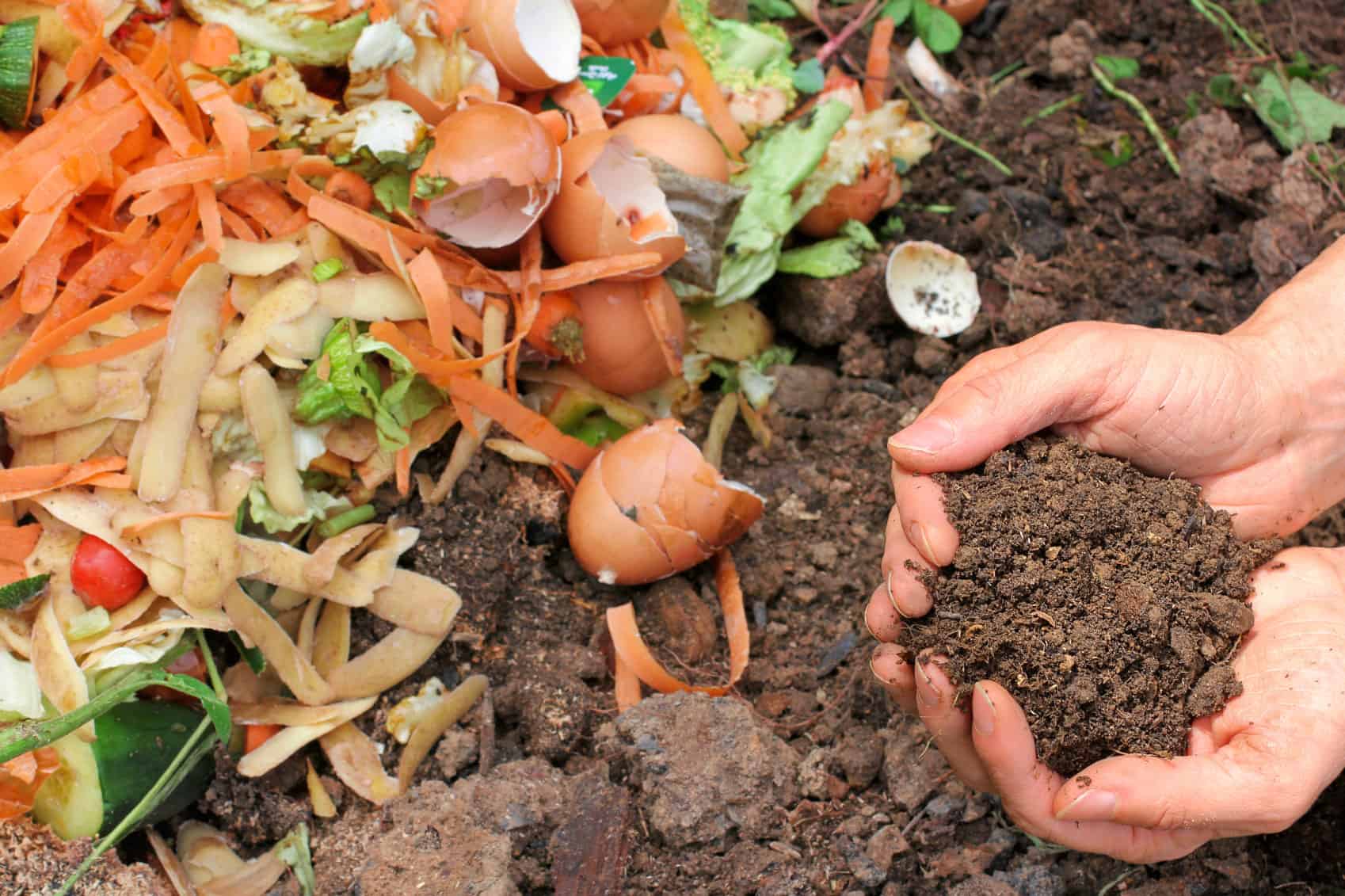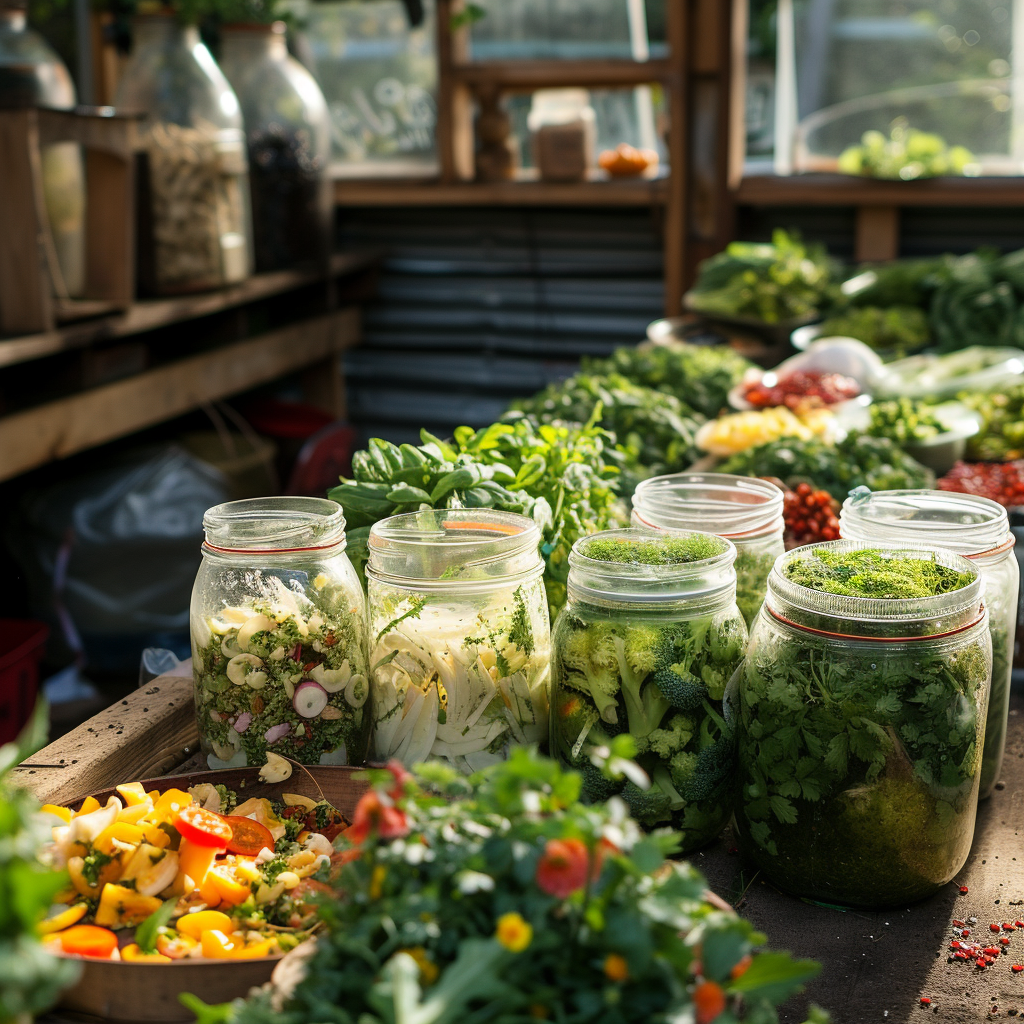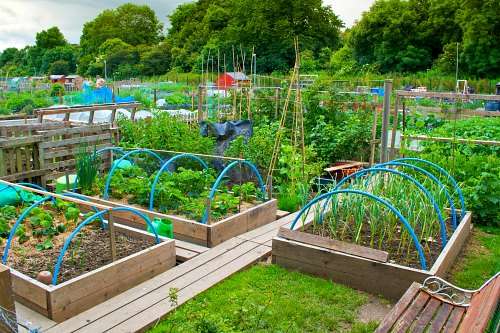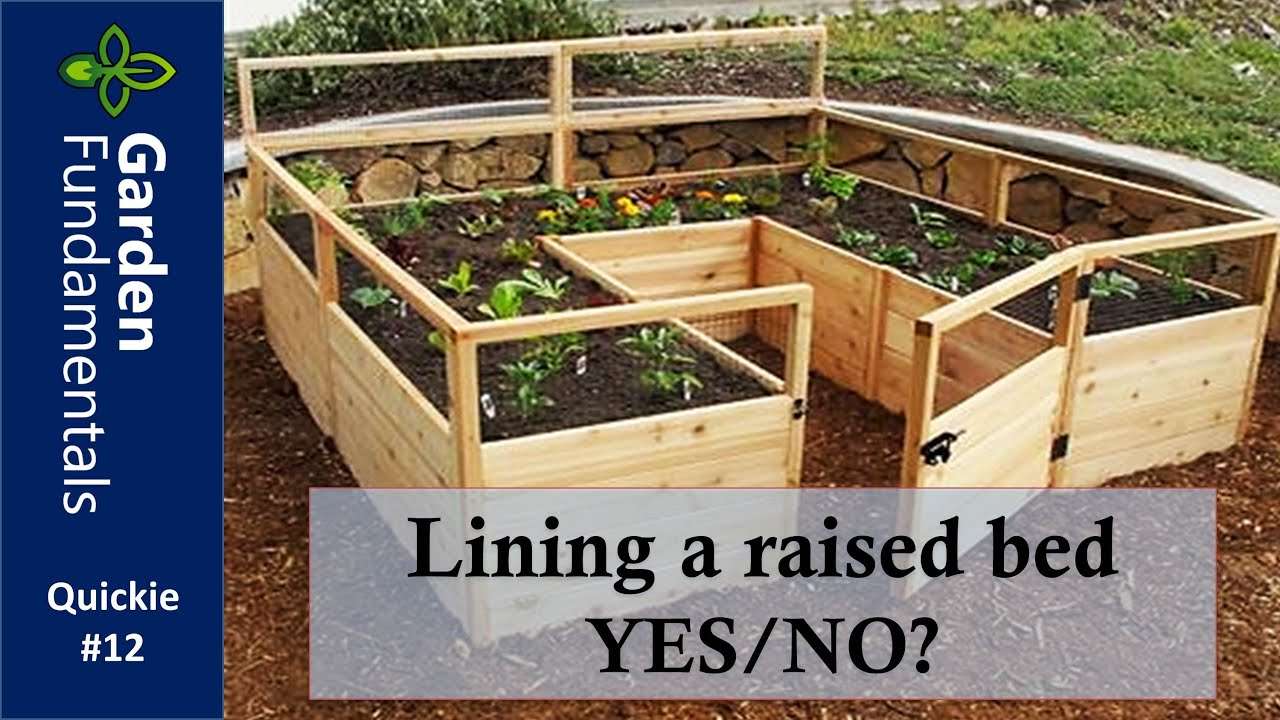Making compost at home is not difficult and can be achieved with some imagination and creativity. It’s a great way to improve the quality of the soil in your off-grid garden, especially if the soil is poor. However, it’s important to use the right materials and avoid pre-packaged and chemically treated foods that can slow down the composting process. Not all biodegradable materials are suitable for composting, so it’s crucial to follow a 12-step guide that includes finding a suitable location and container, adding the right composting materials, mixing and building the compost, and knowing when it’s ready. Sunlight, ventilation, regular maintenance, and avoiding certain materials like paper, cardboard, bones, and certain food scraps are all important for composting success. With some effort and attention to detail, you can create nutrient-rich compost for your garden within about 3 months.
Benefits of Making Compost at Home
Composting is a simple and effective way to improve the quality of your garden and help the environment at the same time. By making compost at home, you can create a nutrient-rich soil amendment that will enhance the growth of your plants and reduce the need for chemical fertilizers. Two major benefits of making compost at home are improving off-grid gardens and enhancing poor soil quality.
Improving Off-Grid Gardens
If you have an off-grid garden, making your own compost can be particularly beneficial. Off-grid gardens are often located in remote areas where access to supplies and resources may be limited. By creating your own compost, you can reduce your reliance on outside sources of fertilizers and soil amendments. This not only saves you money but also ensures that you have a sustainable and self-sufficient garden.
Compost is packed with essential nutrients and microorganisms that help plants grow strong and healthy. By supplying your off-grid garden with homemade compost, you can provide a constant source of nutrients that will nourish your plants and support their growth. This is especially important in areas with poor soil quality, where plants may struggle to obtain the necessary nutrients from the surrounding environment.
Enhancing Poor Soil Quality
If you’re dealing with poor soil quality in your garden, making compost at home can significantly improve its fertility. Poor soil quality is often characterized by a lack of organic matter, nutrient deficiencies, and an imbalance of pH levels. By incorporating homemade compost into your soil, you can address all these issues and create a healthier environment for your plants to thrive.
Compost acts as a natural soil conditioner, improving its structure and water-holding capacity. It enhances the soil’s ability to retain moisture and nutrients, ensuring that your plants have a steady supply of what they need to grow. Additionally, the organic matter in compost helps to regulate pH levels, ensuring that they stay within the optimal range for plant growth. This is particularly important if you’re dealing with acidic or alkaline soil conditions.
Importance of Using the Right Materials
While making compost at home is a relatively easy process, it’s crucial to use the right materials to ensure successful composting. The materials you use will determine the quality and nutrient content of your compost, so it’s important to make wise choices. There are two key factors to consider when it comes to materials: avoiding pre-packaged and chemically treated foods, and selecting suitable biodegradable materials.
Avoiding Pre-Packaged and Chemically Treated Foods
When making compost, it’s essential to avoid using pre-packaged and chemically treated foods. These types of foods often contain preservatives, pesticides, or other harmful additives that can slow down the composting process. Additionally, they may introduce toxins into your compost, which can harm your plants when you use the finished product.
Instead, focus on using organic kitchen waste, such as fruit and vegetable scraps, coffee grounds, and tea leaves. These types of materials are rich in nutrients and free from harmful chemicals, making them ideal for composting. By avoiding pre-packaged and chemically treated foods, you’ll ensure that your compost remains natural and healthy for your plants.
Selecting Suitable Biodegradable Materials
In addition to avoiding certain foods, it’s also important to select suitable biodegradable materials for composting. Not all organic matter breaks down at the same rate, so it’s important to choose materials that will decompose efficiently and contribute to the overall nutrient content of your compost.
Green materials, such as grass clippings and vegetable scraps, are rich in nitrogen and provide a source of heat for the composting process. Brown materials, such as fallen leaves and shredded paper, are high in carbon and help to balance the nitrogen-rich green materials. By using a mix of these materials, you’ll create a compost pile that decomposes efficiently and produces a nutrient-rich end product.
12-Step Guide for Making Compost at Home
Making compost at home doesn’t have to be complicated. With a 12-step guide, you can easily turn your kitchen and garden waste into a valuable resource for your plants. Here are the steps to follow:
Finding a Suitable Location
First, find a suitable location for your compost pile. Ideally, it should be in a well-drained area that receives adequate sunlight. Avoid placing it too close to your house or any structures to prevent potential odors or pests.
Choosing the Right Container
Next, choose a container or compost bin that suits your needs. This can be a simple homemade bin made from recycled materials or a commercially available compost bin. The container should be large enough to accommodate your composting materials while allowing for proper airflow.
Adding Green and Brown Composting Materials
Once you have your container set up, start adding green and brown composting materials. Green materials include fresh grass clippings, fruit and vegetable scraps, and coffee grounds. Brown materials include fallen leaves, shredded paper, and cardboard.
Mixing the Compost
To ensure proper decomposition, it’s important to mix the composting materials regularly. This helps to distribute moisture and oxygen evenly, creating an environment conducive to decomposition. Use a pitchfork or shovel to turn the pile every few weeks.
Building the Compost
As you continue to add green and brown materials, layer them in your compost container. Alternate between layers of green and brown materials, ensuring a good balance of nitrogen and carbon. This will help to prevent odors and promote decomposition.
Adding Water and Soil
To keep your compost moist, add water as needed. The compost should be moist, similar to a damp sponge. Additionally, adding a small amount of garden soil helps to introduce beneficial microorganisms into the compost.
Aerating and Watering the Compost
Aerate and water the compost regularly to promote decomposition. Use a garden fork or compost aerator to create air pockets within the pile. This increases oxygen flow, which is essential for microorganisms to break down the organic matter. Water the compost if it becomes dry to maintain the proper moisture level.
Knowing When the Compost is Ready
Compost is ready to use when it has a dark, crumbly texture and an earthy smell. This usually takes about three months but can vary depending on the materials used and environmental conditions. Test the compost by grabbing a handful and squeezing it. If it holds together without being too wet or too dry, it’s ready to use.
Avoiding Certain Materials
To ensure the success of your compost, it’s important to avoid adding certain materials. This includes meat, bones, dairy products, and oily foods, as they can attract pests and slow down the decomposition process. Additionally, avoid adding weed seeds or invasive plants to prevent their spread.
Factors for Successful Composting at Home
While following the 12-step guide is crucial for making compost at home, there are a few other factors to consider for successful composting. These factors include sunlight and proper ventilation, as well as regular maintenance.
Sunlight and Proper Ventilation
Sunlight and proper ventilation are essential for successful composting. The heat from the sun helps to accelerate the decomposition process, while ventilation ensures the proper flow of oxygen. Aim to place your compost pile in an area that receives at least a few hours of sunlight each day and has adequate airflow.
Regular Maintenance
Composting requires regular maintenance to ensure optimal conditions for decomposition. This includes stirring or turning the compost pile every few weeks to distribute moisture and airflow evenly. It also involves monitoring the moisture level and adding water or dry materials as needed. Regular maintenance will help speed up the decomposition process and produce quality compost.
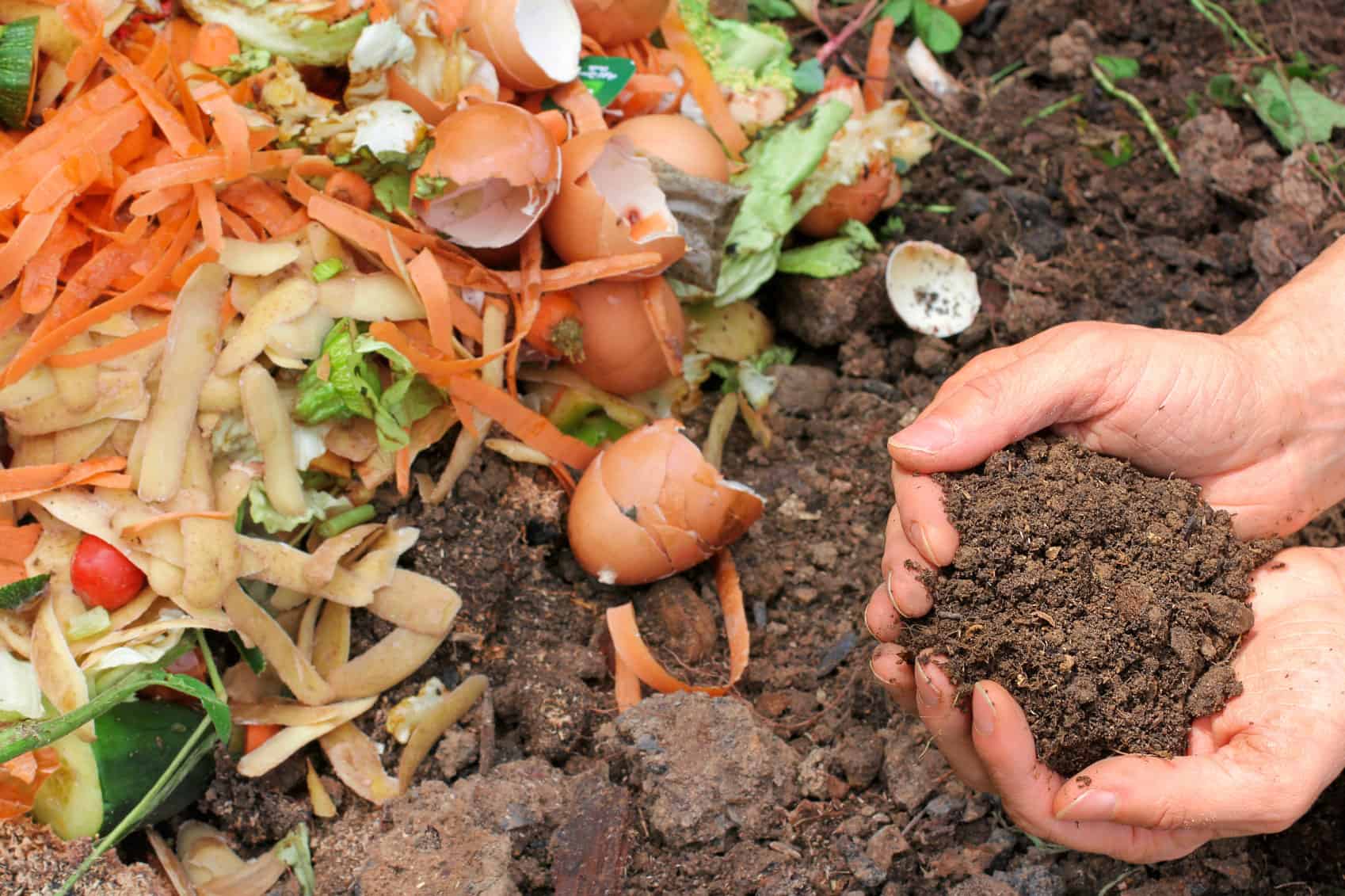
Compost Maturity and Usage
Understanding compost maturity is important to determine the appropriate time to use it in your garden. Compost maturity refers to the stage at which the organic matter has fully decomposed and transformed into a stable, nutrient-rich substance.
Average Timeframe for Compost Maturity
On average, compost takes about three months to mature, but this timeframe can vary depending on several factors. The types of materials used, the environmental conditions, and the level of maintenance all play a role in how quickly compost reaches maturity. Regularly turning the pile and maintaining the proper moisture level will help speed up the process.
Variations in Compost Maturity
It’s important to note that compost maturity can vary within the pile itself. The outer layers of the compost pile may be more mature, while the inner portions are still in the decomposition process. This is normal and shouldn’t discourage you from using the compost. Simply mix the mature and less-mature portions together for consistent quality.
Utilizing Mature Compost
Once your compost has reached maturity, it’s ready to be used in your garden. Apply the compost to your soil as a top dressing or mix it into the existing soil to improve its fertility. The organic matter in the compost will enrich the soil, providing essential nutrients for your plants’ growth. Regularly adding compost to your garden beds will help maintain soil health and promote a thriving garden.
Materials to Avoid in Composting
While many organic materials are suitable for composting, there are some that are best avoided. These materials can be difficult to break down or may attract pests to your compost pile.
Difficult-to-Breakdown Paper and Cardboard
Certain types of paper and cardboard, such as glossy or heavily coated varieties, can be challenging for microorganisms to break down. These materials may take a long time to decompose, slowing down the overall composting process. Instead, opt for plain, uncoated paper and cardboard, which decompose more readily.
Bones and Certain Food Scraps
Bones and certain food scraps, such as meat, dairy products, and oily foods, should be avoided in composting. These materials can attract pests, such as rodents or flies, and may also produce unpleasant odors. Additionally, bones take a long time to decompose and can disrupt the balance of the compost pile. It’s best to dispose of these materials through alternative means, such as municipal composting or waste disposal systems.
Benefits of Composting Bins
Using a composting bin offers several advantages when it comes to making compost at home. One of the key benefits is preventing rodent attraction.
Preventing Rodent Attraction
Composting bins provide a contained and secure environment for your compost pile. This helps to prevent rodents from accessing the organic materials, eliminating the risk of infestations. The bin acts as a barrier, preventing rodents from reaching the compost and causing any potential damage to your composting efforts.
Composting bins also help in maintaining the overall cleanliness and appearance of your compost area. Since the compost is contained within the bin, there is less chance of it being scattered around or creating an unsightly mess. This makes for a more organized and efficient composting process.
In conclusion, making compost at home is a valuable and rewarding activity that offers numerous benefits for both your garden and the environment. By following a 12-step guide and using the right materials, you can create nutrient-rich compost that will improve the health and productivity of your plants. Understanding compost maturity, avoiding certain materials, and utilizing composting bins are all important factors in successful composting at home. So start composting today and see the difference it can make in your garden!

